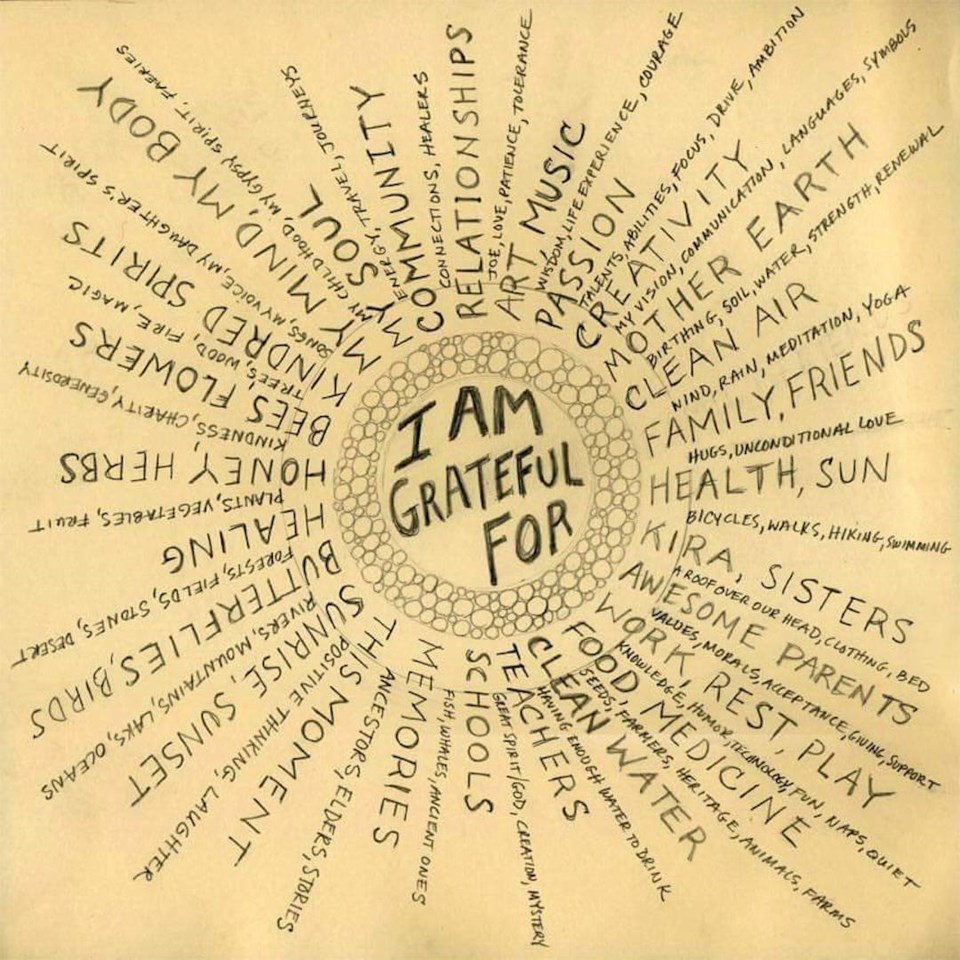I’ve heard it said, from a doctor no less, that “the human brain has evolved to have a negativity bias.”
Meaning, the bad things in our environments stand out more and are better remembered than the good ones.
And the reason for that isn’t just we’re a bunch of Negative Nellies. Rather, that quick recognition of danger has been key to our survival as a species, according to evolutionary biologists. As lovely as it may have been to soak up a sunset on the Serengeti, it mattered more to spot the tiger in the tall grass, if you wanted to get home in one piece.
But while negativity has helped keep us alive in many a sticky situation, it can also be deadly when it takes the form of depression and anxiety.
As is usually the case when it comes to maintaining good health, it’s all about balance.
The challenge here is it takes a lot more positivity to counteract negativity because of our brain’s higher sensitivity to negative factors.
“We have to think of five positive observations to balance out one negative – just to come out even,” notes Dr. Davidicus Wong. This calls into question that line, “it takes more muscles to frown than smile,” doesn’t it?
Regardless, the lesson is, don’t ignore the sunset. Or, as Bing Crosby once sang, “ac-cent-tchu-ate the positive.”
This being Thanksgiving weekend, it seems a fitting time to think about just how to do that.
My brain knows, I’m blessed in so many ways, yet I can’t honestly say I wake up every morning and give thanks for the fact I have clean drinking water — not to mention a warm home and a loving family.
As with anything, we get habituated and take things for granted. But there’s hope. My sister told me about the latest in pop psychology — Gratitude Therapy.
In fact, it seems Gratitude Therapy is the new mindfulness. Instead of challenging oneself to “be present,” the job is to be grateful. And not in just a vague, general way, but with intention.
So, if you don’t like the fact someone left dishes in the sink — again, actually stop and write down five things you do like about that person; hair colour will do.
And even if there isn’t a bone of contention, set reminders throughout the day to think of five things you love about your loved one, or your job, or your home.
As with mindfulness, it’s practice, practice, practice because, if we do it enough, I’m told, we can actually rewire our brains.
So, that’s my challenge for this Thanksgiving weekend — apart from not boiling the Brussels sprouts into oblivion — to give thanks, often, and to pause before our meal to express gratitude.
My kids may balk, as they haven’t been raised to say grace, and perhaps that’s a shame. Simply taking a moment to be present, be thankful and know we are all part of something bigger can only aid digestion — not just of Thanksgiving dinner, but all of life’s sunsets and tigers.



